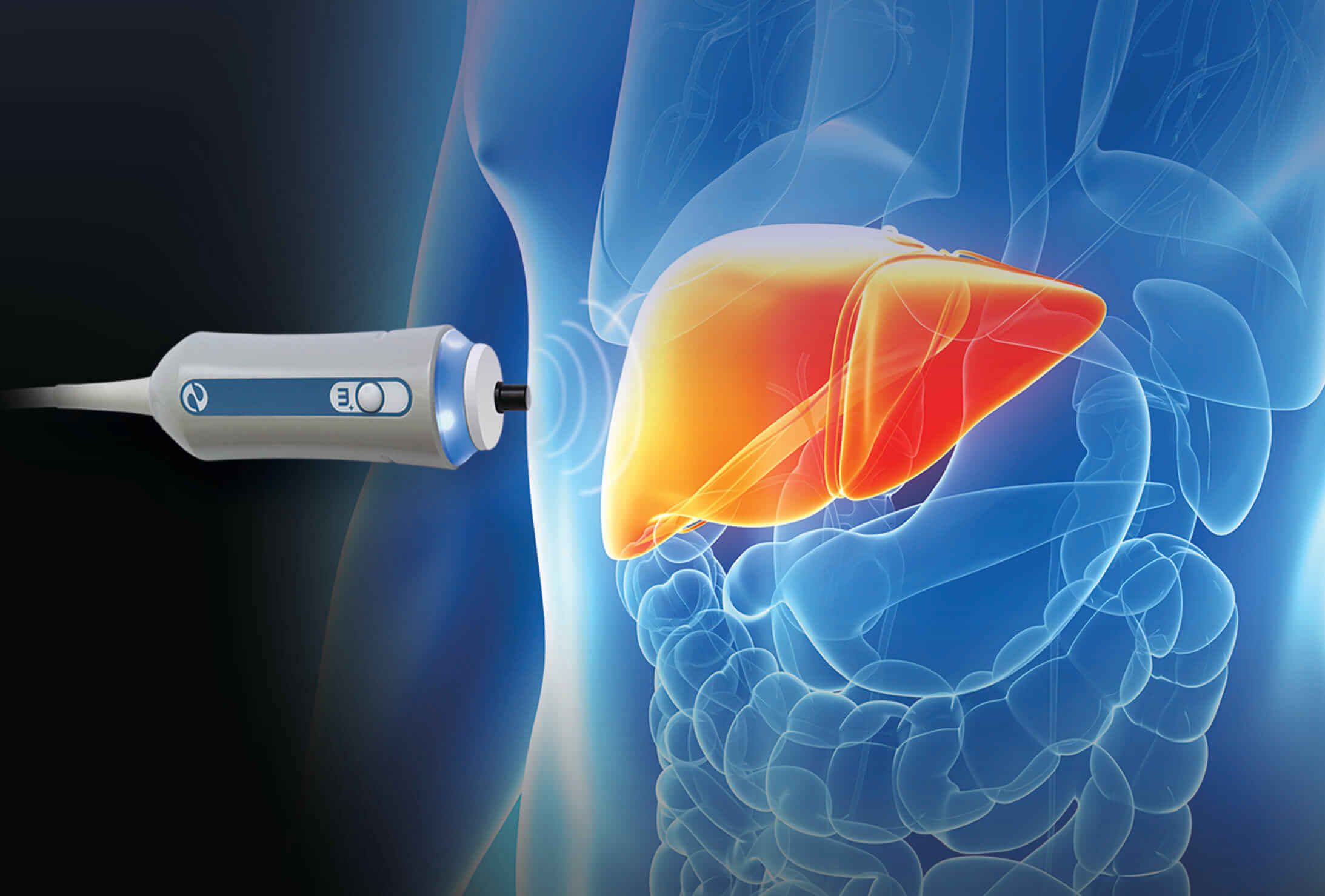FibroScan

Fibro Scan
FibroScan liver services utilize transient elastography, a non-invasive imaging technique, to assess liver stiffness and diagnose various liver conditions. This advanced method provides quantitative measurements of liver fibrosis, aiding in the management of liver diseases such as:
Liver Fibrosis and Cirrhosis Monitoring:
FibroScan is used to monitor liver stiffness over time, helping clinicians assess the progression of fibrosis and cirrhosis in patients with chronic liver diseases such as hepatitis B and C, fatty liver disease, and alcoholic liver disease.
Diagnosis of Liver Fibrosis:
It helps in staging liver fibrosis, providing clinicians with crucial information to determine the severity of liver damage and make informed decisions regarding treatment and management strategies.
Assessment of Treatment Efficacy:
FibroScan plays a vital role in evaluating the effectiveness of antiviral therapies for hepatitis B and C, as well as lifestyle interventions and medications aimed at managing liver diseases.
Screening for Liver Disease:
As a non-invasive procedure, FibroScan is used for screening individuals at risk of liver disease, including those with known risk factors such as obesity, diabetes, and excessive alcohol consumption.
Guidance for Liver Biopsy:
FibroScan helps reduce the need for liver biopsies by providing reliable information on liver stiffness, thus minimizing patient discomfort and procedural risks associated with invasive biopsies.
FibroScan liver services are typically offered in specialized hepatology clinics, gastroenterology departments, and liver centers. They are performed by trained healthcare professionals, including hepatologists, gastroenterologists, and sonographers, ensuring accurate interpretation of results and optimal patient care. This non-invasive approach to liver assessment enhances diagnostic accuracy, facilitates early detection of liver disease, and supports personalized treatment plans tailored to individual patient needs.
